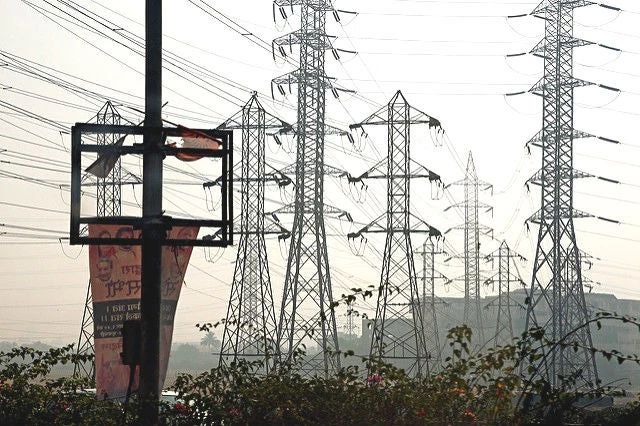
India is the fastest-growing major economy in the world with significant Government investments in infrastructure. According to estimates by WTO and OECD, as quoted in a report from the United Nations Office on Drugs and Crime, India: Probity in Public Procurement, the estimated public procurement in India is between 20 and 30 percent of GDP.
This translates to Indian government agencies issuing contracts worth an estimated US$ 419 billion to US$ 628 billion each year for various aspects of infrastructure projects. Ideally, in contractual agreements no disputes would arise and both sides would benefit from the outcome. However, unexpected events occur and many contracts end in dispute. Contractual legal disputes devoid project benefits to the public as time and resources are spent in expensive arbitration and litigation. As a result, India’s development goals are impacted.
According to the Global Construction Disputes Report 2016 by Arcadis, an independent consulting firm, global trends show that on average, disputes in the construction sector have become lengthier and costlier with the average dispute lasting 15.5 months and costing US$46 million. This trend is especially relevant for India as it scales up its infrastructure development projects. What might start as a minor dispute due to poorly written contracts or failure to provide timely compensation could potentially escalate into a complicated and expensive legal quagmire. A speedy settlement of a dispute is desirable in order to not waste time, energy, and resources that should be used for efficient project delivery.
The widely referenced World Bank’s Ease of Doing Business Index also uses contract enforcement as an indicator as part of its approach to determine a country’s optimal level of business regulation. As far as ease of doing business goes, India is currently ranked 130th out of 190 nations. India is ranked even lower – at 172nd place – for enforcing contracts. This discrepancy highlights the need for deliberate improvements in enforcing contracts and improving India’s dispute resolution process.
India’s Prime Minister expressed that establishing an alternate dispute resolution ecosystem was a national priority during the Global Conference on National Initiative towards Strengthening Arbitration and Enforcement in India held last October. The Finance Minister has also underlined the need to “streamline institutional arrangements for resolution of disputes in infrastructure related construction contracts, public-private partnerships and public utility contracts” during his budget speech delivered last month in February.
One effective way to manage and resolve disputes is through alternative dispute resolution mechanisms (ADR). These mechanisms include mediation/conciliation and arbitration which help deescalate a potentially hostile situation. In a process which uses ADR, the involved parties collaboratively work with a third party individual or dispute board towards an amicable agreement. The parties involved in the dispute have more control and often times resolve disputes with increased satisfaction using ADR than had they tried to resolve their dispute through the legal process.
As India has yet to recognize public procurement as a professional cadre and because of the volume of contracts under implementation, there is a shortage of trained professionals specializing in contract management and ADR. In partnership with the All India Management Association (AIMA), a network of management professionals in India, the World Bank has helped design and develop a certificate course in contractual dispute resolution targeting Indian public sector employers as well as private sector contractors.
The six-month blended learning course was launched during the Global Procurement Summit on 27 February 2017 in New Delhi. This course covers best practices both for preventing disputes by teaching participants how to better draft and manage contracts as well as how to utilize alternative dispute methods.
This opportunity will help build much needed capacity in India to both prevent and resolve disputes allowing the government to more effectively achieve its growth goals. As the renowned dispute resolution expert Joseph Grynbaum rightly once said, “An ounce of mediation is worth a pound of arbitration and a ton of litigation .”
More details about the course are available at https://www.aima.in/education-services/short-term-courses/cpcdr.html
Tweet these:
Speedy legal dispute resolutions means more time & money can be spent on dev in India. #goodgov
New course will help India further unlock growth potential w/ better dispute resolution practices.


Join the Conversation